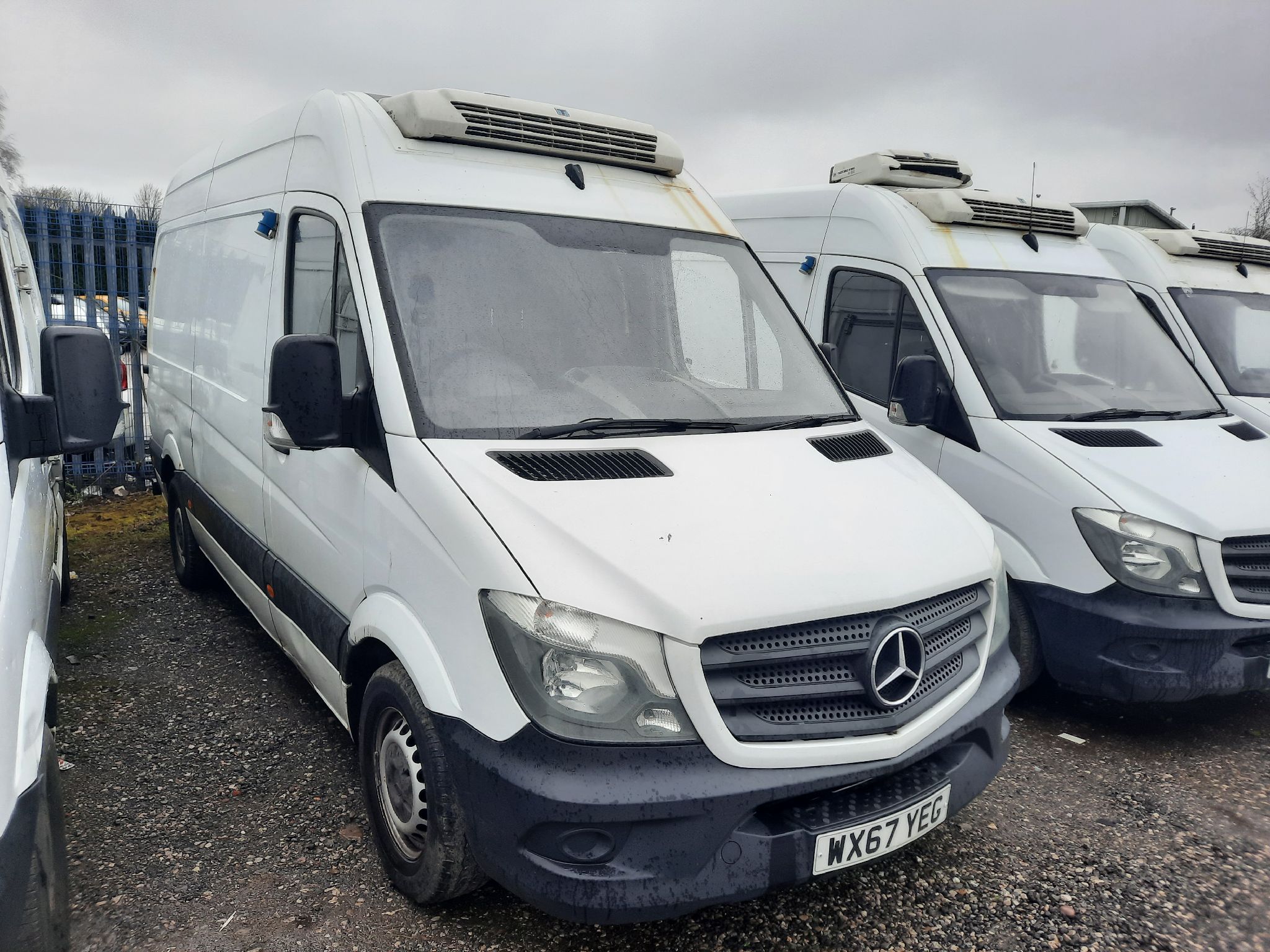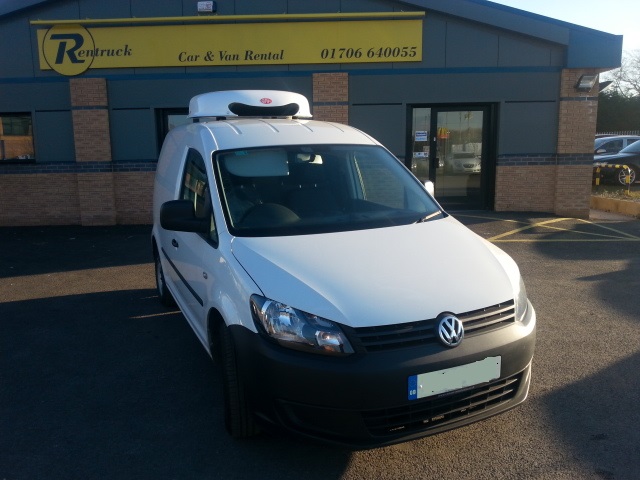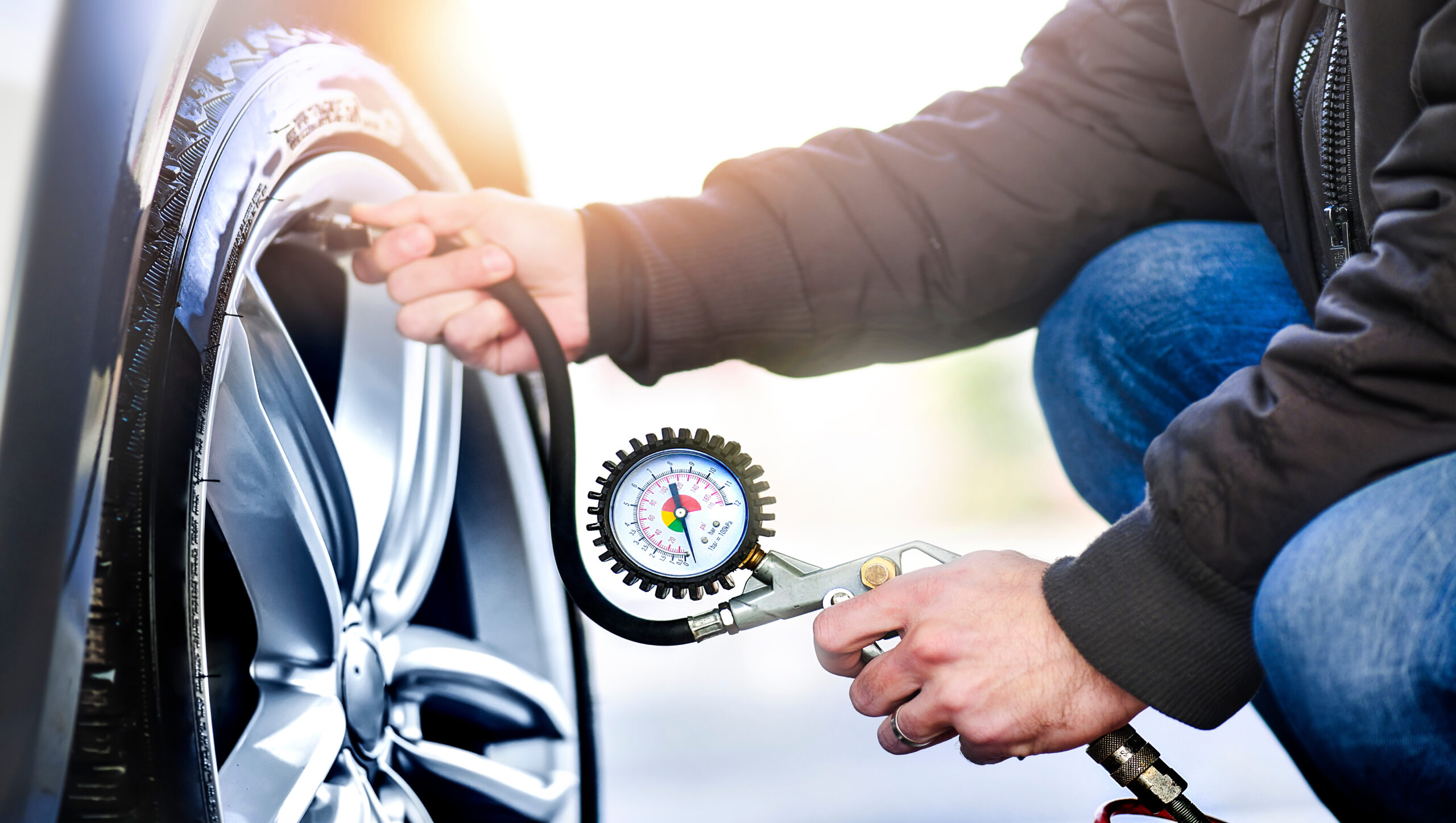With the winter months comes a drop in temperature, rain, and snow in the UK; weather which can be a challenge for drivers to navigate. For businesses relying on the safe and efficient transportation of goods, the cold can impact the performance of refrigerated vehicles.
In this blog, we’ll discuss how the cold weather can influence your refrigerated van, and explore ways to prevent your business from suffering.

The Effects of Cold Weather on Your Van’s Battery
The cold weather can have the most detrimental effect on your business if it affects your van’s battery. Your battery is the most important component of your refrigerated van, responsible for getting the engine started and the refrigeration unit running.
Low temperatures can result in your battery losing its ability to operate at full capacity. This might lead to trouble with getting your van started, especially in the morning after spending hours sitting outside in the cold.
You will know if you have a flat battery if when attempting to turn the engine on there is no noise or a faint whining noise.
Fortunately, there are steps you can take to help avoid a flat battery.
- If possible, park inside or in a garage to protect your van from the cold.
- If it is only possible to park outside, use thermal blankets over the battery to prevent the cold from reaching it.
- Remove your battery and charge it overnight so it isn’t left out in the cold.
- Regularly check your battery and remove any corrosion on the battery terminals (white, powdery substance).
Read our blog on ‘How are Refrigerated Vans Powered?’ for more information.

How Temperature Fluctuations Can Affect Your Refrigerated Van
One of the primary benefits of using refrigerated vans is the ability to maintain and control an optimal temperature for temperature-sensitive stock.
The problem with winter is the constant fluctuations in temperature. With such cold weather outside your refrigerated van, maintaining a specific internal temperature can be more challenging. This can be a particular problem if the van is left stationary/parked for prolonged periods. If your refrigerated van runs solely off your engine’s power and then is left stationary, you run the risk of your internal stock lowering to a temperature outside its optimal level.
Van’s with a standby compressor (a separate mains-driven compressor) allows perishable goods left inside the vehicle to be kept at their optimal temperatures.
Also, vans with a built-in temperature monitoring system, such as the Volkswagen Caddy, allow drivers from the front seat to maintain and control the temperature of the van, making temperature dips easier to control.

Cold Temperature Effects on Your Van’s Lubricants
Your refrigerated van uses various lubricants, such as your motor oil and refrigeration oil. Both are vital for your engine and refrigeration system that keeps your stock cold.
Unfortunately, the cold weather can cause these lubricants to thicken. Thickened oil may cause internal damage to your van, reducing the efficiency of your journey.
After a night outside in the cold, starting up your refrigerated van may prove the most challenging. The compressor and all other moving components of your van may have inadequate lubrication, causing more friction, which may cause damage to your van.
To help combat this issue, look into low-temperature lubricants. These lubricants should be able to withstand the cold temperatures, meaning you can get up and running quicker in the winter mornings.
It is important however to regularly check and/or replace your lubricants as needed before starting a long journey to your destination.

The Effects of Cold Weather on Your Van’s Tyre Pressure
Temperature, whether hot or cold, can impact your van’s tyre pressure. In hotter weather, your tyres can increase in pressure, whereas in cold weather, they can lose pressure. Losing pressure leads to underinflation, causing risk to driving.
Generally, for every 10°C fluctuation in temperature, whether hot or cold, your tyres are affected by between 1 and 2 PSI (pound-force per square inch).
Low tyre pressure is not only dangerous but can impact your fuel efficiency. Tyres that are underinflated generate more heat, which runs the risk of blowouts; not ideal for a busy schedule and temperature-sensitive stock.
Regularly check your tyre pressure and make adjustments as needed. Investing in a tyre pressure monitoring system (TPMS) can give you the confidence of a safe and efficient journey.
How Cold Weather Can Impact Your Van’s Insulation
Finally, an essential component of any refrigerated van is its insulation. The insulation in a refrigerated van can vary in thickness, with the most common being 50mm. Some vans can use insulation as thick as 100 mm to help maintain colder temperatures.
However, vans that are older or more poorly maintained may feel the effects of the cold weather. Due to the cold temperature externally, and the heat from the refrigeration system internally, condensation can begin to build, dampening your insulation. Wet/damp insulation can run the risk of mould growth, and the inability to sufficiently maintain temperature. This can lead to fluctuating temperatures inside your payload area, risking the perishable goods inside.
As with all components of your refrigerated van, it is important to regularly monitor and inspect the condition of your insulation, and replace them if necessary. Consider researching advanced insulation solutions, and optimise your payload area to allow sufficient airflow inside the van.
As refrigerated vans are essential to the distribution of goods up and down the country, the effects of cold weather can’t be underestimated. The winter months bring unique challenges for drivers everywhere, so it is important to regularly monitor the at-risk components of your van. Invest in upgrades where necessary so your business doesn’t suffer at the hands of the cold weather. Understanding what to look out for can save you time and money in the long run, ensuring valuable stock is protected along the way.
Read our blog ‘Winter Driving Tips’ for some more information, or contact us today for a free quote and begin your journey with Cool Running Rental.




